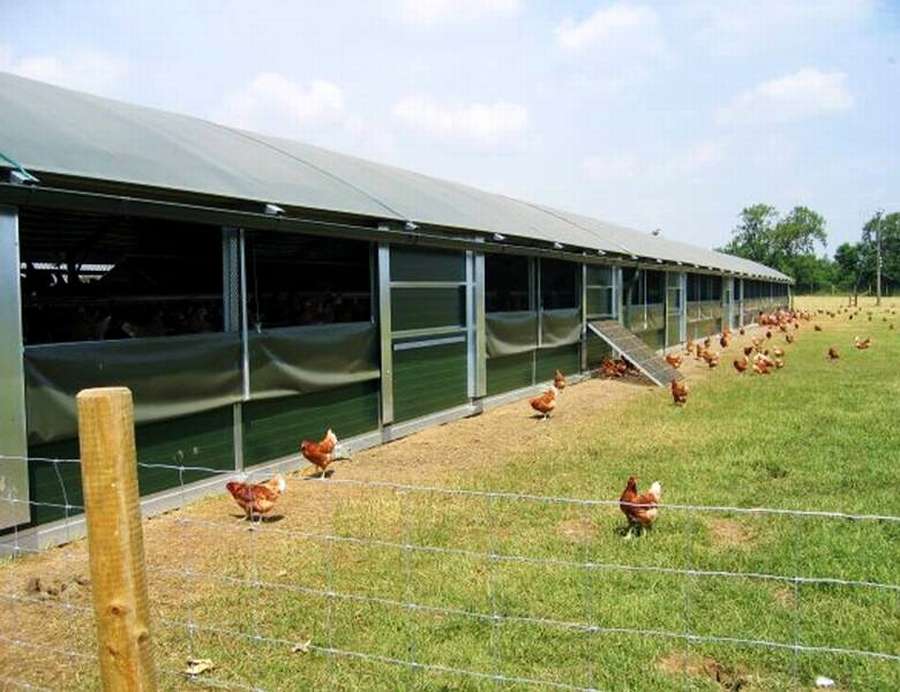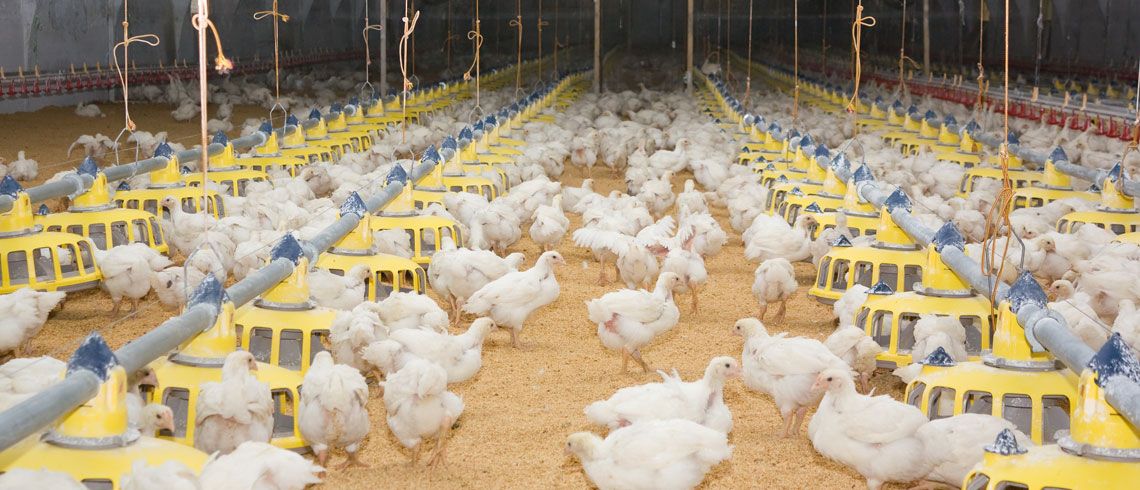Building a chicken house is a crucial step for anyone interested in poultry farming. A well-constructed chicken house not only provides a safe and comfortable environment for your birds but also ensures their health and productivity. Here are some essential tips for efficient chicken house construction to help you get started.
Understanding the Basics of Chicken House Construction
Site Selection and Preparation
Choosing the right location for your chicken house is the first step. The site should be elevated to prevent flooding and should have good drainage. It should also be away from residential areas to minimize noise and odor issues. Preparing the site involves clearing the area of debris and leveling the ground.
Design and Layout
The design and layout of your chicken house are vital for efficient management. It should have adequate space to prevent overcrowding, which can lead to stress and disease among the birds. The house should also be well-ventilated to ensure a constant supply of fresh air.
Materials and Insulation
Selecting the right materials for construction is essential. Use durable and weather-resistant materials that can withstand harsh conditions. Insulation is also important to maintain a stable temperature inside the house, especially in regions with extreme weather.
Constructing the Chicken House

Building the Foundation
A strong foundation is the backbone of any chicken house. Concrete slabs or treated wooden beams can be used to ensure stability and durability. The foundation should be raised slightly above ground level to prevent water from entering the house.
Framing and Roofing
The frame of the chicken house should be sturdy enough to support the roof and withstand strong winds. Use treated lumber for the frame to prevent rot and insect damage. The roof should be sloped to allow rainwater to run off easily and should be made of durable materials like metal sheets or shingles.
Flooring and Bedding
The flooring of the chicken house should be easy to clean and resistant to moisture. Concrete or treated wood are good options. Cover the floor with bedding material like straw or wood shavings to provide comfort and absorb waste.
Enhancing Chicken Farm Buildings
Ventilation and Lighting
Proper ventilation is critical to prevent the buildup of harmful gases like ammonia. Install windows or vents that can be adjusted to control airflow. Lighting is also important for egg production. Provide natural light during the day and supplement with artificial light if necessary.
Feeding and Watering Systems
Efficient feeding and watering systems can save time and reduce waste. Automatic feeders and waterers ensure a constant supply of food and water, reducing the need for frequent manual refilling. Position these systems at an appropriate height to prevent spillage and contamination.
Nesting Boxes and Perches
Nesting boxes provide a private space for hens to lay eggs and should be placed in a quiet, dark area of the house. Perches allow chickens to roost off the ground, which is their natural behavior. Ensure that these structures are sturdy and easy to clean.
Maintaining Your Chicken House
Regular Cleaning and Sanitation
Keeping the chicken house clean is essential to prevent the spread of disease. Remove waste and wet bedding regularly, and disinfect the house periodically. Use non-toxic cleaning agents to avoid harming the birds.
Pest Control
Pests like rodents and insects can cause significant problems in a chicken house. Implement measures like sealing cracks, using traps, and applying safe pesticides to keep pests at bay.
Monitoring and Health Management
Regularly monitor the health of your chickens for signs of illness or stress. Implement a vaccination schedule and provide a balanced diet to ensure their well-being. Keep records of health checks and treatments to manage the flock effectively.
Advanced Tips for Poultry House Efficiency

Climate Control
In areas with extreme temperatures, climate control systems like fans, heaters, and cooling pads can help maintain a comfortable environment for your chickens. This ensures that they remain healthy and productive year-round.
Biosecurity Measures
Implementing strict biosecurity measures can protect your flock from diseases. Limit access to the chicken house, use footbaths at entry points, and quarantine new birds before introducing them to the flock.
Sustainable Practices
Adopting sustainable practices like rainwater harvesting and solar energy can reduce the operational costs of your chicken house. Composting chicken manure can also provide a valuable fertilizer for your farm.
By following these essential tips for efficient chicken house construction, you can create a productive and healthy environment for your poultry. Proper planning, construction, and maintenance are key to ensuring the success of your chicken farming venture.

